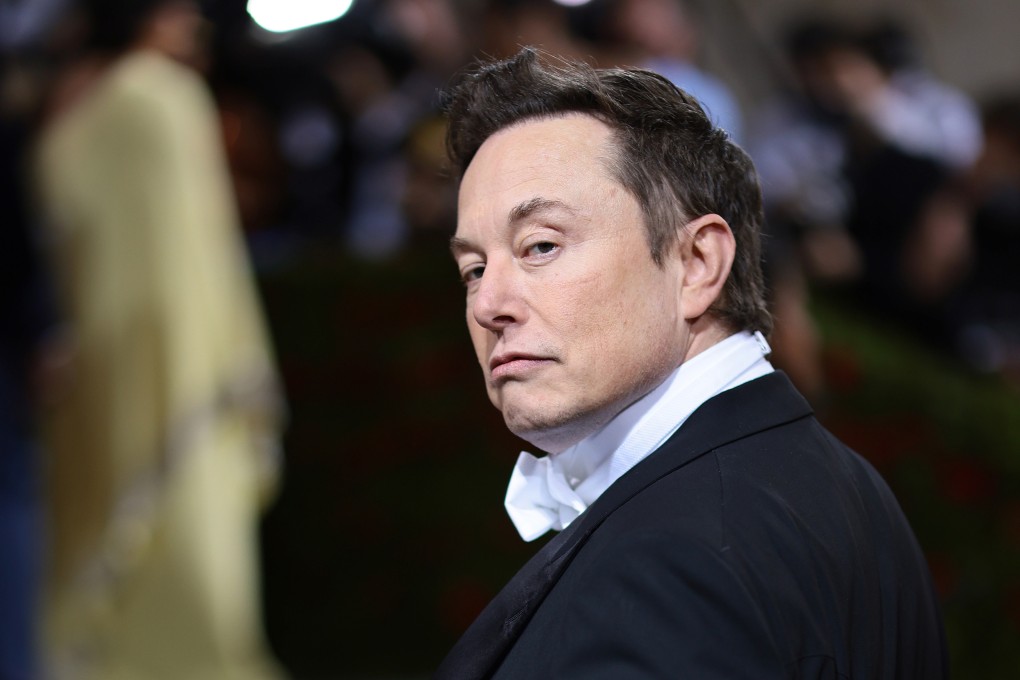Advertisement
China’s falling birth rate prompts Elon Musk to warn of looming ‘population collapse’
- Musk’s electric carmaker Tesla is looking to expand in China as the country faces a shrinking workforce
- Demographer says the pandemic has exacerbated the population decline trend, with estimated 2 million people postponing or abandoning plans to have a baby
Reading Time:3 minutes
Why you can trust SCMP
37

Elon Musk, the billionaire co-founder of electric car maker Tesla, has warned of a looming “population collapse” in China, where his company seeks to expand after opening a major factory in Shanghai in 2019.
Commenting on an article carried on the BBC Future website predicting that China’s population would further decline, Musk wrote on Twitter on Monday: “Most people still think China has a one-child policy. China had its lowest birth rate ever last year, despite having a three-child policy! At current birth rates, China will lose ~40 per cent of people every generation! Population collapse.”
China is facing a major demographic challenge as the workforce shrinks in the rapidly ageing country. Its birth rate hit a record low last year. Just 10.6 million babies were born in China in 2021, the lowest number recorded since the Communist Party took power in 1949.
Last year, the fertility rate, or the number of children per woman, was 1.15, official figures showed – below the level in Japan, which has a similarly ageing population, and below the replacement rate of 2.1.
Advertisement
The cautious note from the American entrepreneur came as the Chinese government sought to restore investor confidence and revive the economy after restrictive Covid-19 controls have greatly disrupted production in the past few months and dented people’s willingness to get married and have children.
“Musk’s concern is valid. My peers and I have been predicting a whopping decline in population for a decade,” said Huang Wenzheng, a demographer and senior fellow at the Centre for China and Globalisation (CCG) in Beijing.
Advertisement
“If the government does not change its mindset and realise human beings are the core competitiveness of a country, the declining trend will not be reversed.”
Advertisement
Select Voice
Select Speed
1.00x
